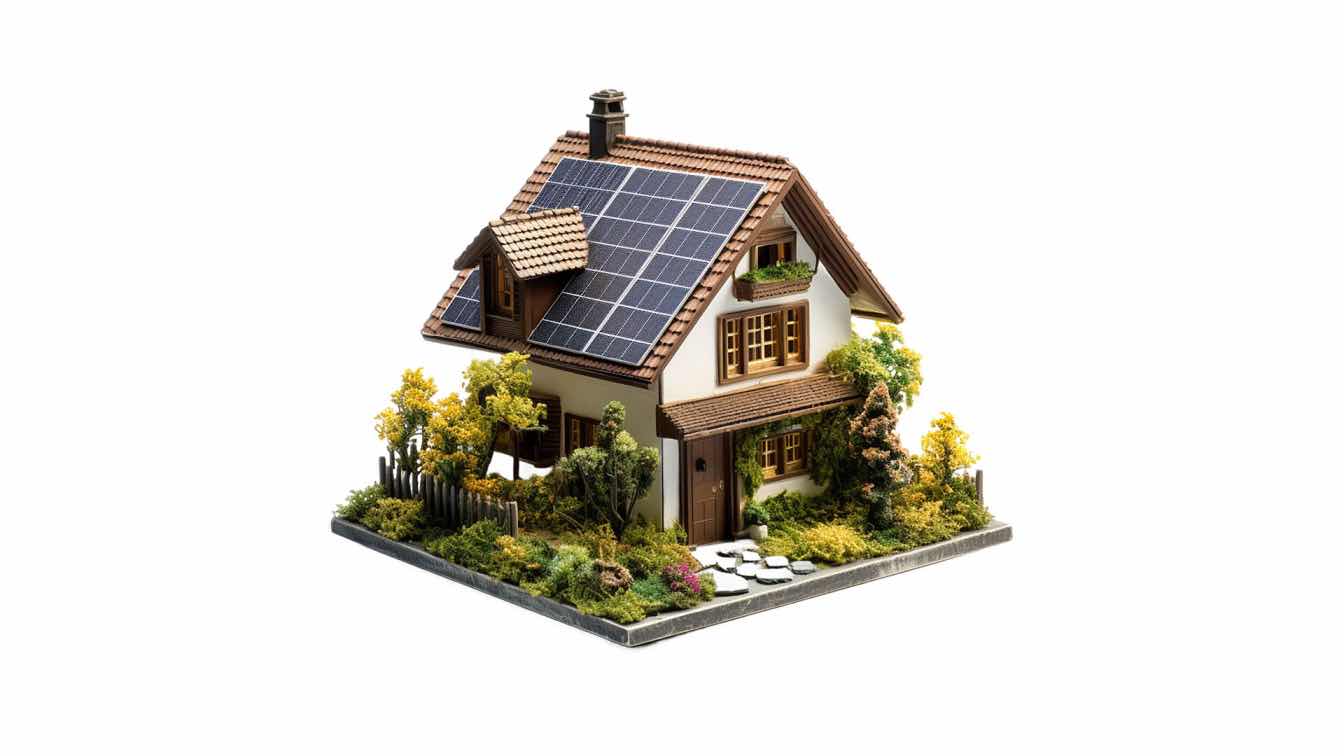In the modern era of architecture and design, the demand for innovative and low-maintenance building materials has surged. Among these advancements, self-cleaning glass stands out as a revolutionary product, offering both aesthetic appeal and functional benefits. This guide delves into the world of self-cleaning glass, exploring its technology, benefits, applications, and how to choose the right supplier.
Understanding Self-Cleaning Glass Technology
How Does Self-Cleaning Glass Work?
Self-cleaning glass is engineered with a special coating, typically composed of titanium dioxide, which harnesses the power of natural elements to maintain cleanliness. This coating exhibits two primary properties: photocatalytic and hydrophilic. The photocatalytic aspect activates under UV light, breaking down organic dirt on the glass surface. Subsequently, the hydrophilic property ensures that water spreads evenly across the glass, washing away the loosened dirt without leaving streaks. This dual-action mechanism reduces the need for manual cleaning, making it an ideal choice for various applications.
Types of Self-Cleaning Glass
There are primarily two types of self-cleaning glass: hydrophilic and hydrophobic. Hydrophilic glass, as mentioned, uses a titanium dioxide coating to break down dirt and allows water to wash it away evenly. On the other hand, hydrophobic glass repels water, causing it to form droplets that roll off the surface, taking dirt with them. Both types offer unique advantages, and the choice between them depends on specific application requirements and environmental conditions.
Benefits of Self-Cleaning Glass
Reduced Maintenance Efforts
One of the most significant advantages of self-cleaning glass is the drastic reduction in maintenance efforts. Traditional glass surfaces require frequent cleaning to maintain clarity and appearance. With self-cleaning glass, the need for regular cleaning diminishes, saving time and labour costs, especially in hard-to-reach areas like high-rise buildings or skylights.
Enhanced Aesthetic Appeal
Self-cleaning glass maintains its pristine appearance over extended periods. By preventing the accumulation of dirt and grime, it ensures that buildings and structures retain their aesthetic appeal, contributing to a polished and professional look.
Environmental Benefits
By reducing the frequency of cleaning, self-cleaning glass minimises the use of water and cleaning agents, leading to environmental conservation. This eco-friendly aspect aligns with sustainable building practices and green certifications.
Applications of Self-Cleaning Glass
Residential Buildings
In homes, self-cleaning glass is commonly used in windows, conservatories, and skylights. It ensures that homeowners enjoy clear views and natural light without the constant chore of cleaning.
Commercial Structures
Commercial buildings, especially those with extensive glass facades, benefit immensely from self-cleaning glass. It maintains the building's appearance, reduces maintenance costs, and enhances the overall image of the business.
Greenhouses and Conservatories
For structures like greenhouses, where light transmission is crucial, self-cleaning glass ensures maximum sunlight penetration by preventing dirt accumulation, thereby promoting plant health and growth.
Choosing the Right Self-Cleaning Glass Supplier
Factors to Consider
When selecting a self-cleaning glass supplier, several factors come into play:
Quality of Products: Ensure the supplier offers high-quality glass with proven self-cleaning properties.
Range of Offerings: A diverse product range indicates the supplier's capability to cater to various needs.
Customer Support: Reliable after-sales service and support are essential for addressing any concerns or issues.
Certifications and Standards: Check for compliance with industry standards and certifications, which attest to the product's quality and performance.
Working with Specialist Providers
Collaborating with specialist providers like Ipswich Glass ensures access to premium self-cleaning glass solutions. Ipswich Glass, renowned for its high-quality glass products, offers a comprehensive range of self-cleaning glass options tailored to both residential and commercial applications. Their expertise and commitment to excellence make them a preferred choice for clients seeking reliable and efficient glass solutions.
The Role of Glass Suppliers in Harwich
In regions like Harwich, the demand for advanced glass solutions is on the rise. Glass suppliers in Harwich play a pivotal role in meeting this demand by offering innovative products like self-cleaning glass. These suppliers cater to a diverse clientele, including homeowners, architects, and builders, providing them with products that enhance the functionality and aesthetics of their projects.
Insights into Glass Manufacturers and Suppliers
The glass industry comprises various manufacturers and suppliers dedicated to producing and distributing high-quality glass products. These entities invest in research and development to innovate and improve glass technologies, ensuring products like self-cleaning glass meet the evolving needs of the market. By collaborating with reputable glass manufacturers and suppliers, clients gain access to cutting-edge solutions that combine durability, efficiency, and aesthetic appeal.
Conclusion
Self-cleaning glass represents a significant advancement in building materials, offering numerous benefits ranging from reduced maintenance to environmental conservation. Whether for residential or commercial applications, selecting the right supplier is crucial to harnessing these benefits. Specialist providers like Ipswich Glass stand out in the industry, delivering high-quality self-cleaning glass solutions that meet diverse needs. As the demand for innovative and sustainable building materials grows, self-cleaning glass is poised to become a standard in modern construction and design.





